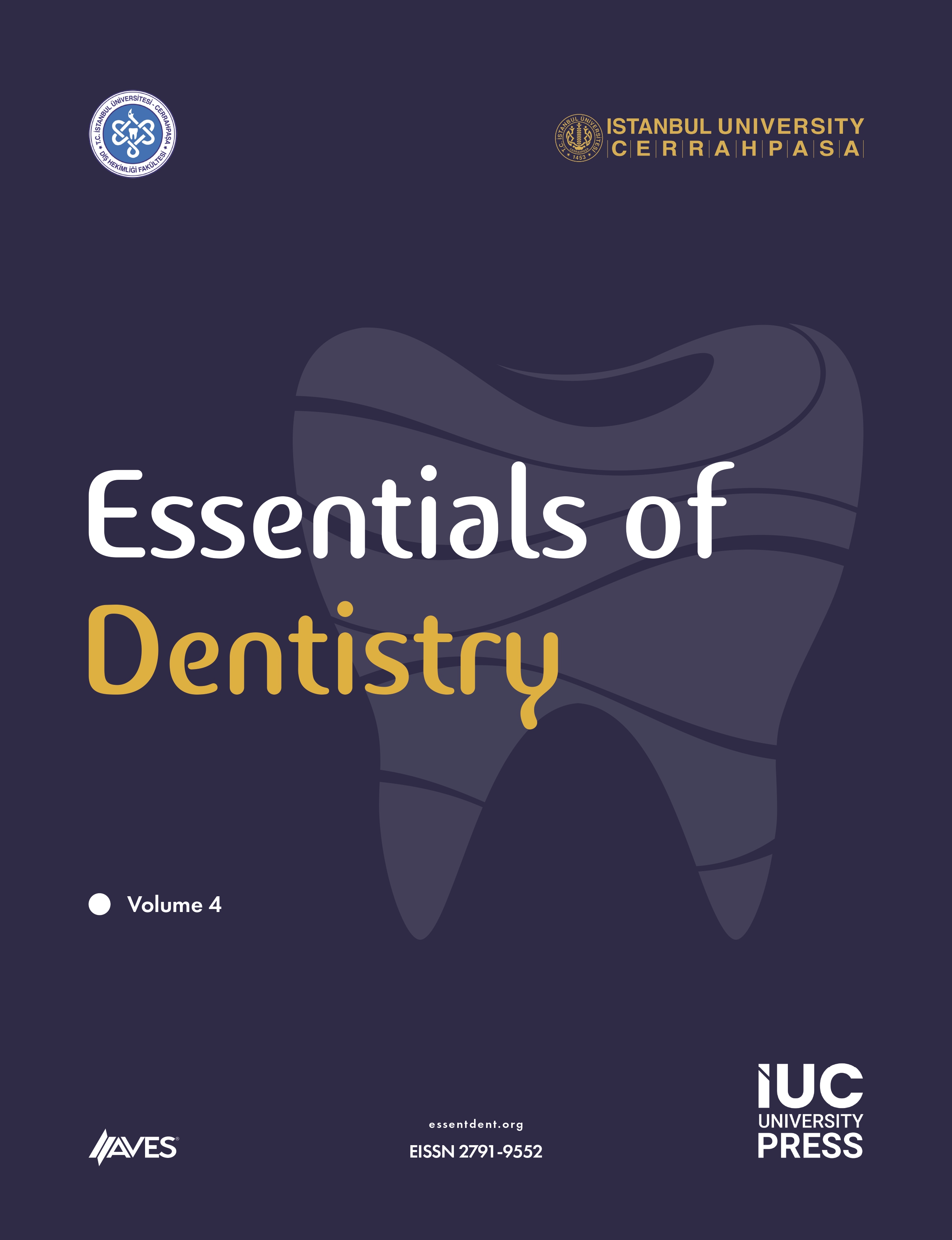Sodium hypochlorite is the most commonly used irrigation solution during root canal treatment in endodontic procedures. Besides its antimicrobial properties, the most important advantage of sodium hypochlorite is that it is a good organic tissue solvent. Its use in the wrong (accidental) area or in high concentration can cause tissue ulcers, nerve damage, necrosis, tissue loss, and sometimes irreversible damage due to its toxic effect. In this article, a presentation was made about the process that occurred in the buccal mucosa and the management of necrosis as a result of the accidental administration of sodium hypochlorite instead of local anesthesia to a 36-year-old male patient. Care should be taken during the treatment process and surgical treatment should not be rushed. Considering that there may be tissue losses and stenosis, the treatment should be done patiently and the most appropriate time for intervention should be observed.
Cite this article as: Aslan M, Özcan M. Accidental injection of sodium hypochlorite into buccal mucosa before endodontic treatment: case report. Essent Dent. 2023;2(2):66-69.






